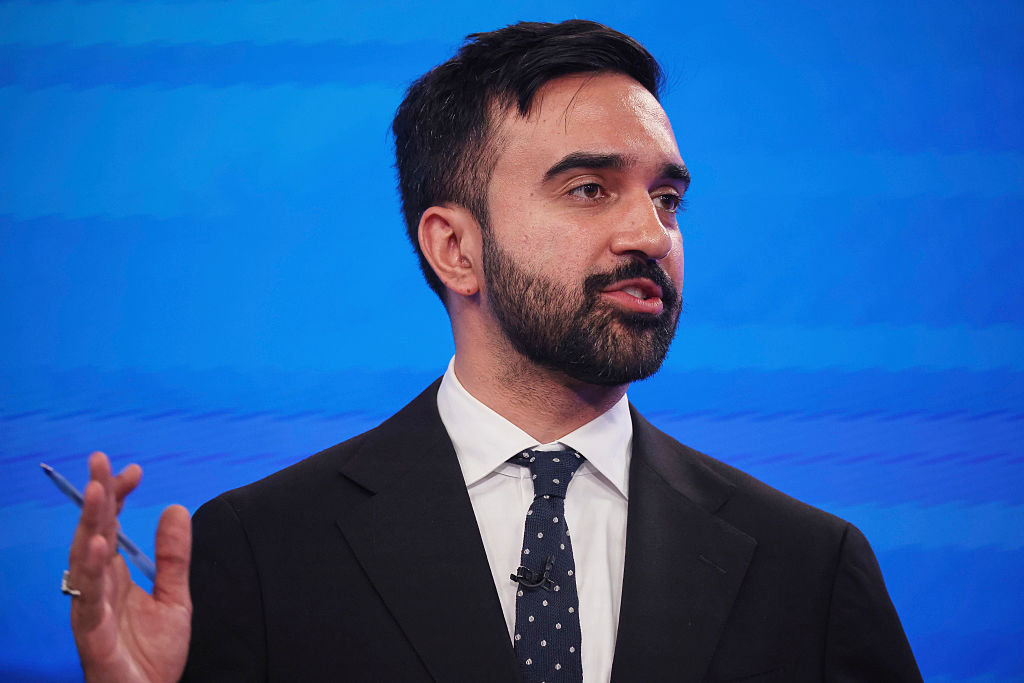High-Protein Diet: Good Or Bad?
Eating Steak Over 50: Good Or Bad? Or Both?
Millions of Americans, including middle-aged and older Americans, have a very protein-rich diet.
But now, new studies have found something very interesting – while this type of diet may shorten the life spans of people who are middle-aged, the very same diet may help extend an older person’s life.
“The research shows that a low-protein diet in middle age is useful for preventing cancer and overall mortality [death],” study co-author Eileen Crimmins, the AARP Chair in Gerontology at the University of Southern California, said in a university news release. “However, we also propose that at older ages, it may be important to avoid a low-protein diet to allow the maintenance of healthy weight and protection from frailty.”
The study findings were published March 4 in the journal Cell Metabolism.
Bad For 50-Year-Olds…
It found that 50-year-olds who got more than 20 percent of their calories from animal protein, particularly meat and dairy products had an increased risk of death from cancer or diabetes. This increased risk of death was much lower, or even non-existent, for 50-year-olds who ate a diet high in protein sourced mainly from plants.
But Good For 65-Year-Olds…
The study also found that people older than 65 who consumed high amounts of animal protein had a 60 percent lower risk of dying from cancer and a 28 percent lower risk of death from any cause, compared to people who shied away from meat and dairy at this age. Similar benefits were seen in seniors who had moderate levels of protein intake.
The Takeaway?
The CDC recommends 46 grams of protein per day for adult women and 56 grams for men. But with popular fad diets, many people are consuming considerably more. “The majority of Americans are eating about twice as much proteins as they should, and it seems that the best change would be to lower the daily intake of all proteins but especially animal-derived proteins,” co-author Valter Longo said in a release.
“The majority of Americans are eating about twice as much protein as they should, and it seems that the best change would be to lower the daily intake of all proteins but especially animal-derived proteins,” at least in middle age, study senior author Dr. Valter Longo, of the University of Southern California, said in the university news release. “But don’t get extreme in cutting out protein; you can go from protected to malnourished very quickly.”















